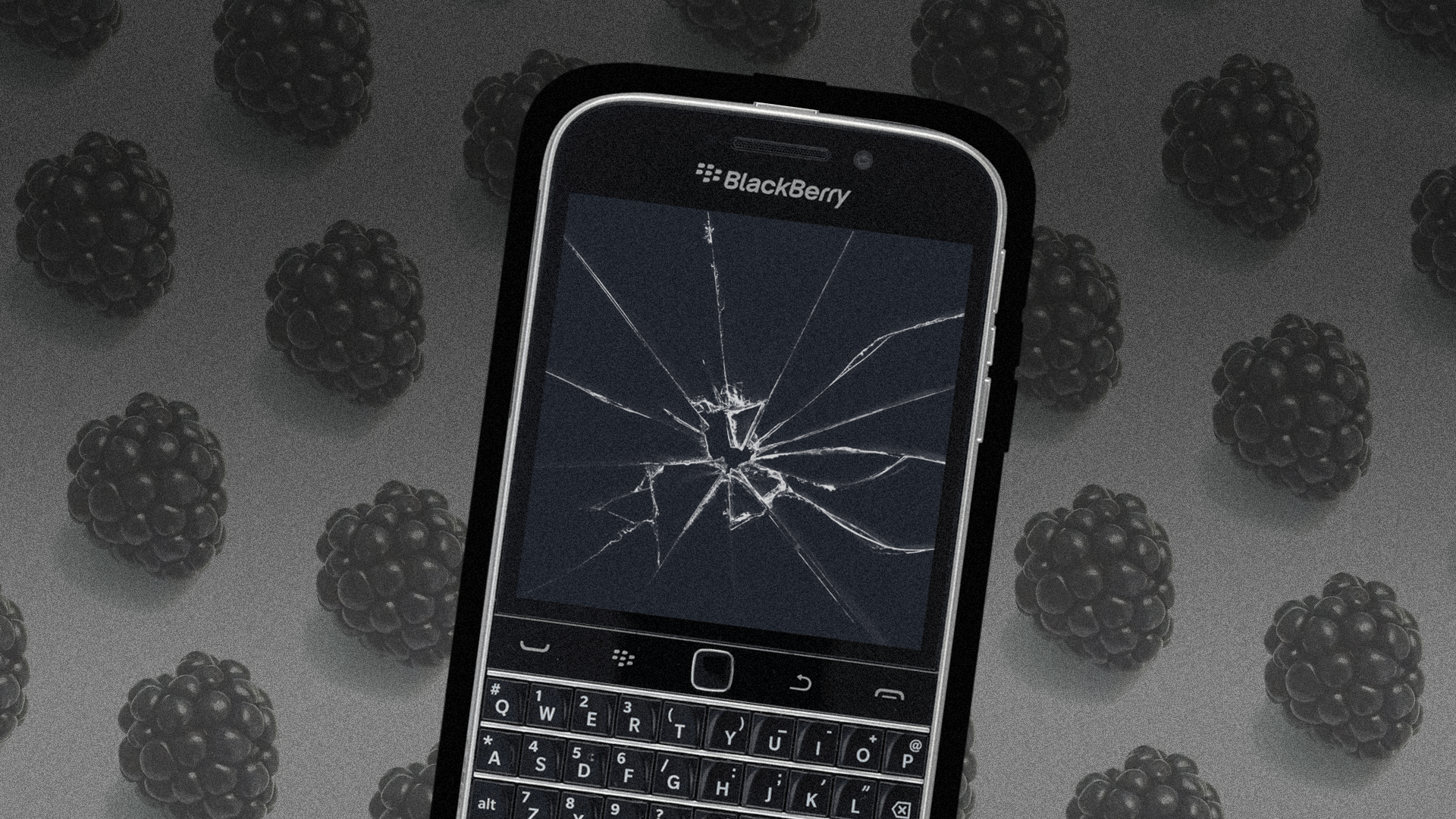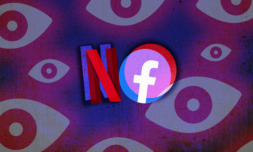The end of BlackBerry is a symbol of our modern attitude to change. We may claim to fear it, but our culture thrives on it; the rapid doing away with ‘old’ things, and the constant search for something new, something more exciting.
The more things change the quicker we demand they do so. We are getting bored at an unprecedented rate – a fact well documented by the constant turnover of new iPhones, fashion trends, and the fact that our cultural mecca is a social platform streaming 60 second videos.
This yearning for innovation can’t be healthy for our minds, particularly those that are still developing.
Paul Hemp, of the Harvard Business Review, has spoken extensively about information overload in the digital economy. Sure, he argues, information is our ‘most valuable commodity’, but the wealth of stuff we see every day often does more harm than good.
Maryanne Wolf describes smartphones as the new pacifier, a means of entertaining unruly children whilst teasing adult brains with rapidly changing content. Their omnipotence, she argues, has destroyed our ability to read deeply, grasp complexity, and feel truly empathetic.
We skim the screen so habitually that when it comes to turning a page, whether it be the proverbial chapters of daily life, or the physical sheets of the oft forgotten novel, we struggle to sit still and soak it all in.
As the digitally literate netizens of the population, Gen Z bear the brunt of this short attention span. Last year, Eni Subair explored the nebulous world of ‘finsta’ accounts (short of ‘fake Instagram’), where young people upload gloriously un-curated social media photos to combat the pressures of a perfect - and perpetually current – social media presence.
These efforts to break away from the 21st century rat race puts Gen Z a cut above the rest. They’re recognising the ailments of our inundation. The end of BlackBerry has reminded me of a time before this introspection was necessary.
On the cusp of social media’s global takeover, 14-year-old me could tap away on a microscopic QWERTY keyboard, downloading low quality Mp4 files whilst pretending I had a high-flying job in the business world.
Saying goodbye to BlackBerry is hard because it highlights my own failure to resist information overload. I, too, find myself looking toward the next thing before current plans have even ended. It’s sobering how quickly the things that were once the sole focus of my attention are now just a blip on my radar.
But what I find most saddening about BlackBerry’s farewell is that it has been little more than a whisper. A true French Exit. Blackberry started as the guest of honour we begged to do shots with, but now we’re too drunk to care – nor notice – that they’ve slipped out of the door.
I can’t help but feel bad for this once loved mobile phone, forced into oblivion by the bigger kids on the block – the android and the iPhone.
Lost in the usual sea of rapid news updates and social media stories, BlackBerry’s eulogy, like the phone itself, will flash across our consciousness in a moment. Next week it’ll be entirely forgotten, and I’ll sit down to plan another article about another change in our fast-moving world.
A new year prompts many of us to look forward, and plan for subsequent changes with an almost militant preparation. But for now, let us take a moment to remember the BlackBerry and the early 2000s frivolity it encompassed. Pause for thought and look around.
Because like all cultural moments before and after it, this will already be ‘over’ before it’s begun.




















